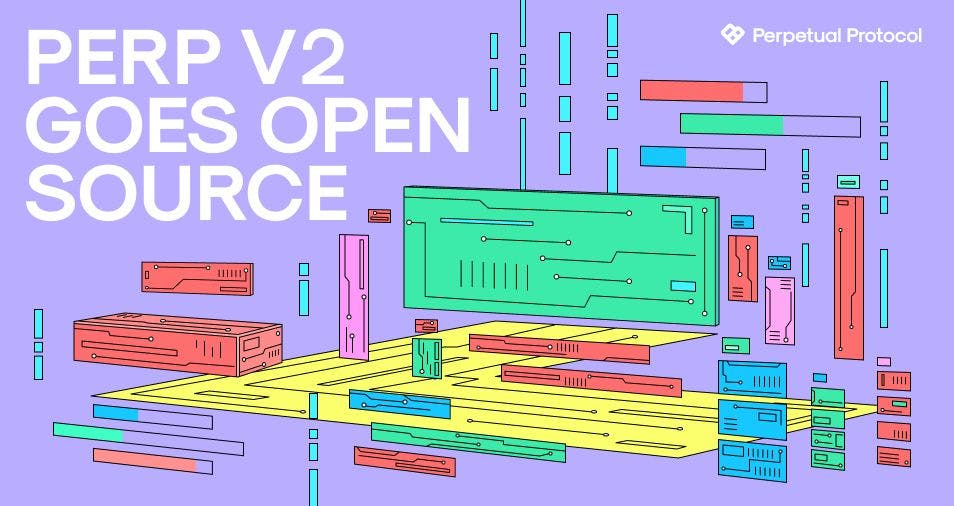190 reads
Perp v2 Goes Open Source: Including Codebase, frontend SDK, and Subgraph
by
March 28th, 2022
Audio Presented by
About Author
Trustless crypto trading for everyone.
Comments
TOPICS
THIS ARTICLE WAS FEATURED IN
Related Stories
0x: deMystified (V2)
Jun 01, 2018

